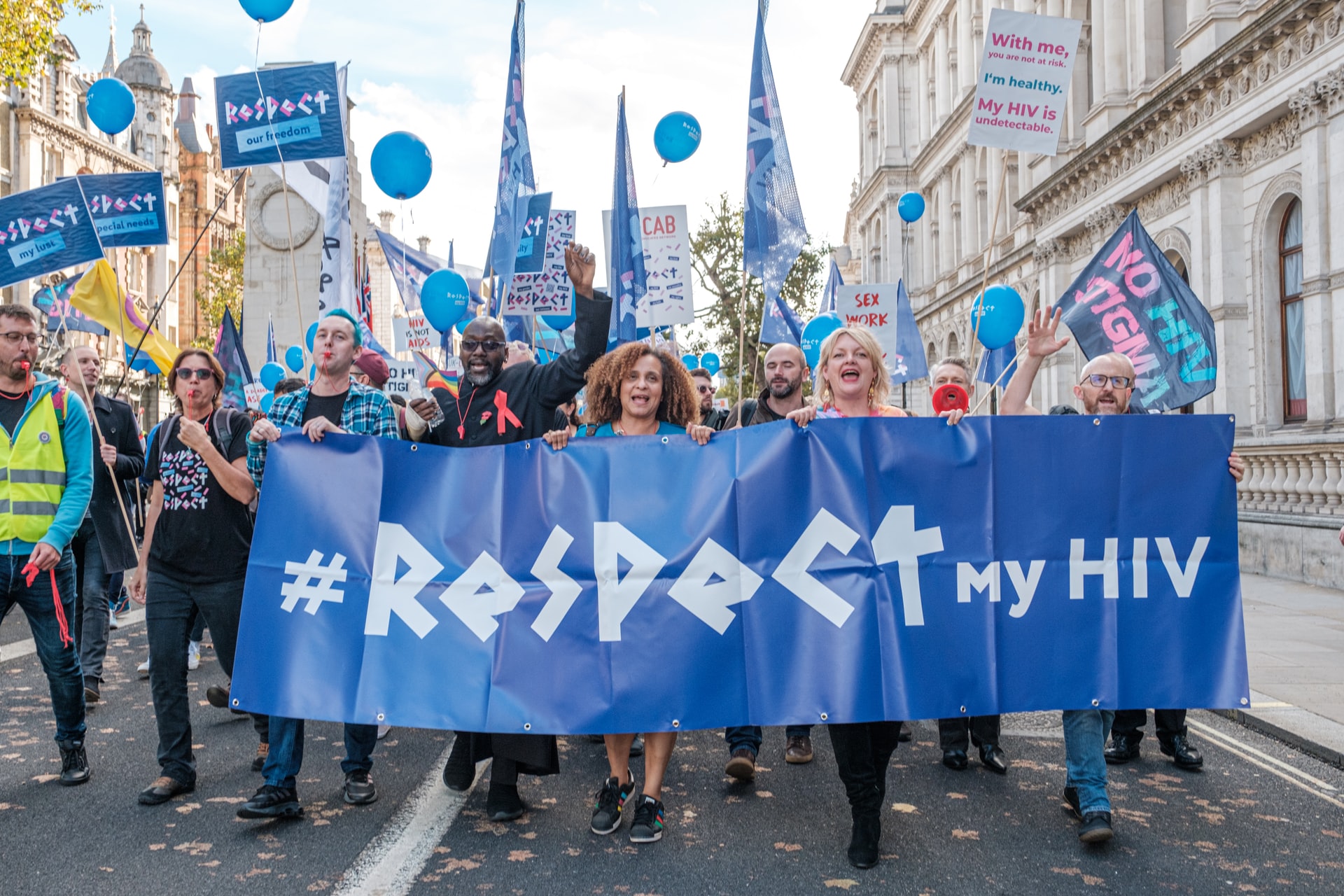News release
From:
Failure to get COVID-19 vaccines to countries with high rates of uncontrolled advanced HIV could lead to the emergence of new variants, write Nokukhanya Msomi, Richard Lessells and colleagues in a Comment in this week’s Nature. They urge governments, health ministries and other stakeholders worldwide to devote more attention to the interactions between COVID-19 and HIV/AIDS.
Sub-Saharan Africa is home to 2 out of every 3 of the 37.7 million people living with HIV worldwide (approximately 25 million people). Around eight million of these individuals are not receiving effective antiretroviral therapy. Studies from before the rollout of COVID-19 vaccines show that people with HIV are 30–50% more likely to die from COVID-19. Furthermore, several case studies suggest that a failure to tackle COVID-19 in countries that have high rates of uncontrolled, advanced HIV could drive the emergence of a variant “that is more transmissible even than Delta”, the authors write, or one that renders current COVID-19 vaccines less effective.
Msomi and co-authors call for a renewed commitment from high-income countries and multilateral initiatives, such as COVAX, to support vaccine equity between countries; for gaps in scientific knowledge around the interaction of the two diseases to be filled; for HIV treatment and care programmes disrupted by the COVID-19 pandemic to be bolstered; and for medical services for HIV and COVID-19 to be integrated.
“Both diseases could be curbed more effectively if they are tackled simultaneously, with public-health responses strengthened by the lessons learnt from both,” they argue.
A major risk, they note, of drawing attention to the interactions between SARS-CoV-2 and HIV is increasing the stigmatization of people living with HIV. However, “the best way for governments to protect their citizens is not by further stigmatizing those infected with HIV,” they contend. “It is by quickly providing vaccines to protect the world’s most vulnerable.”



 Australia; New Zealand; International
Australia; New Zealand; International



